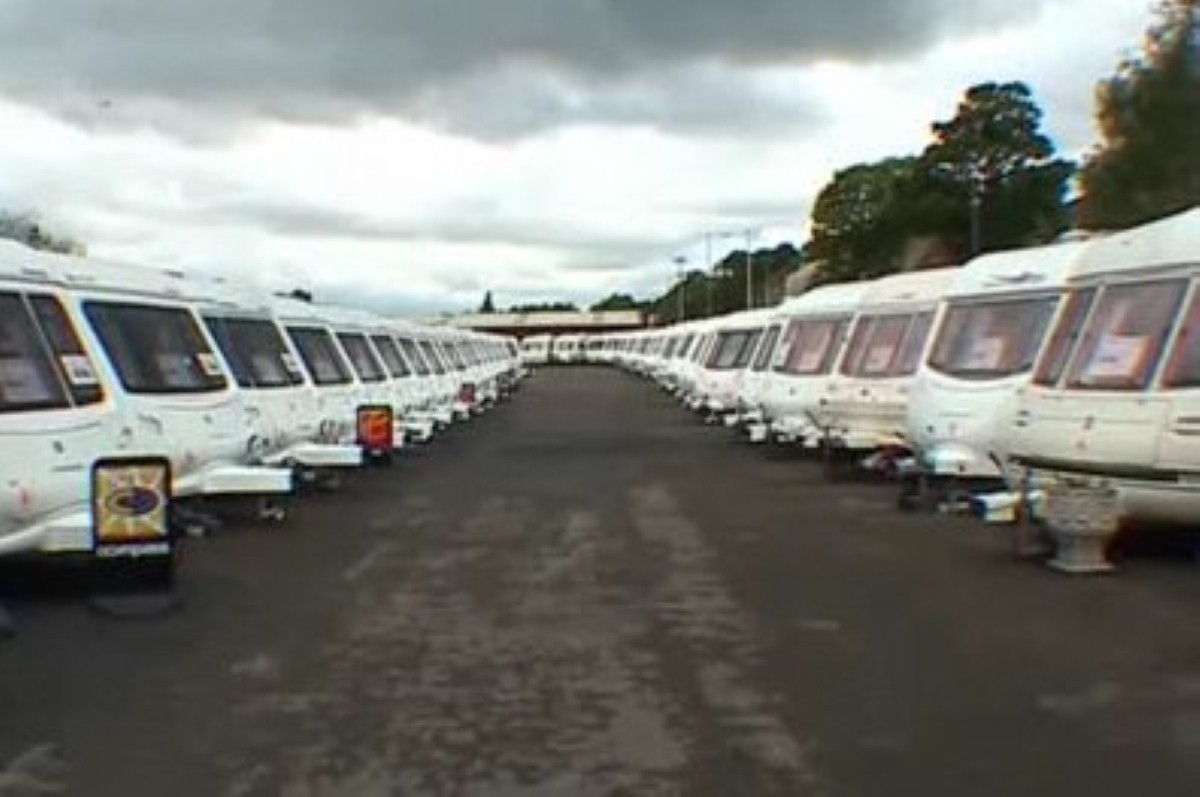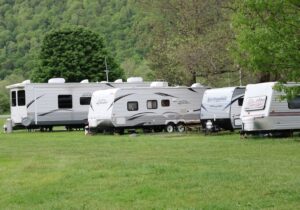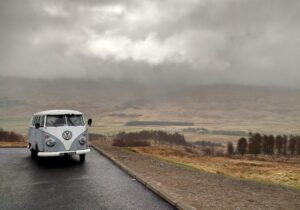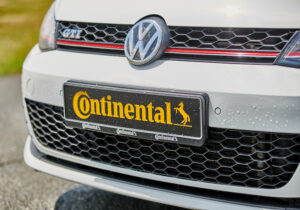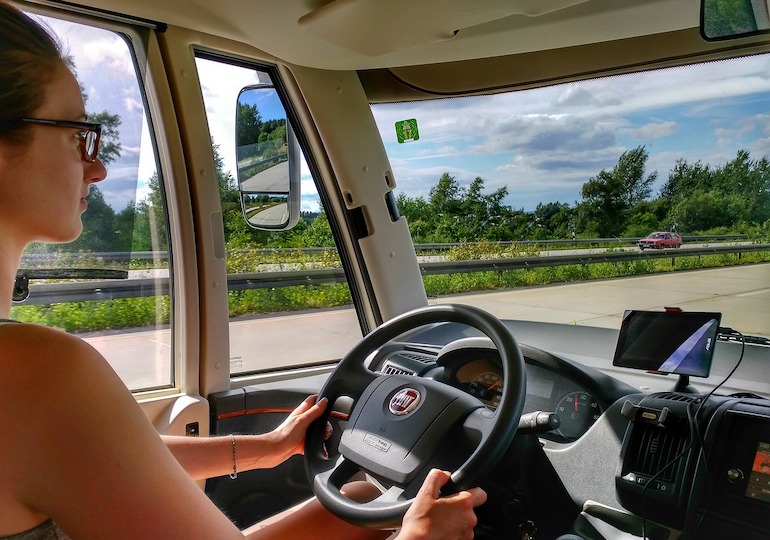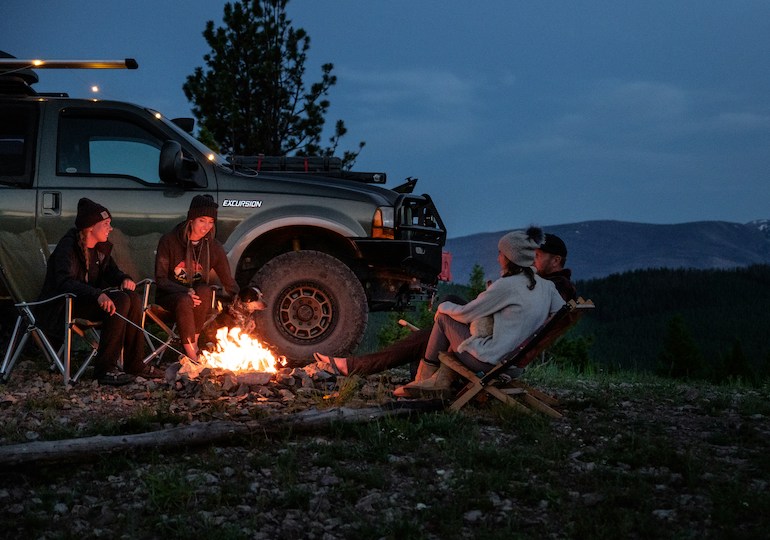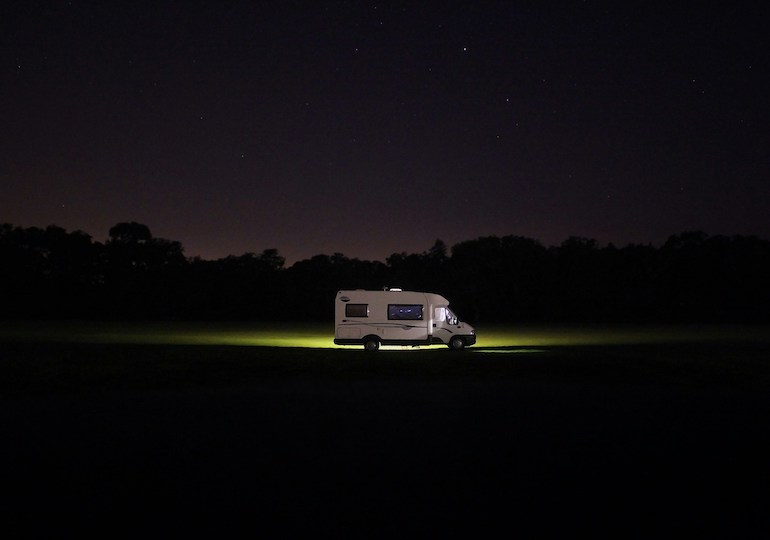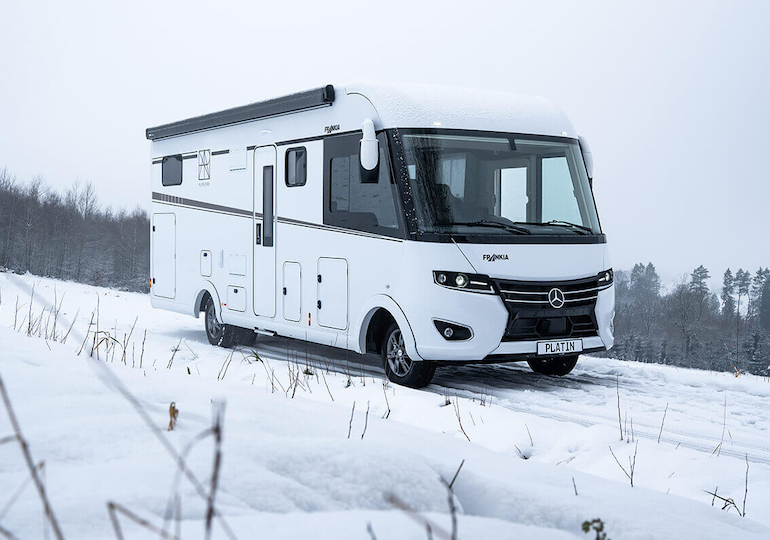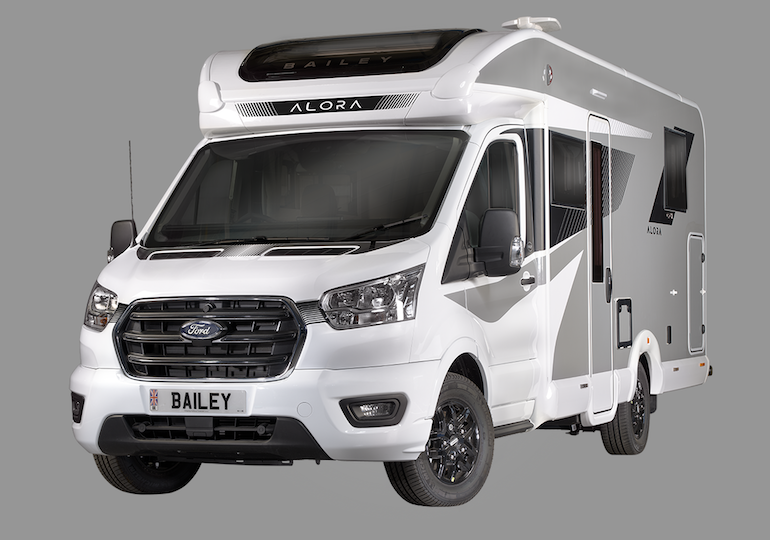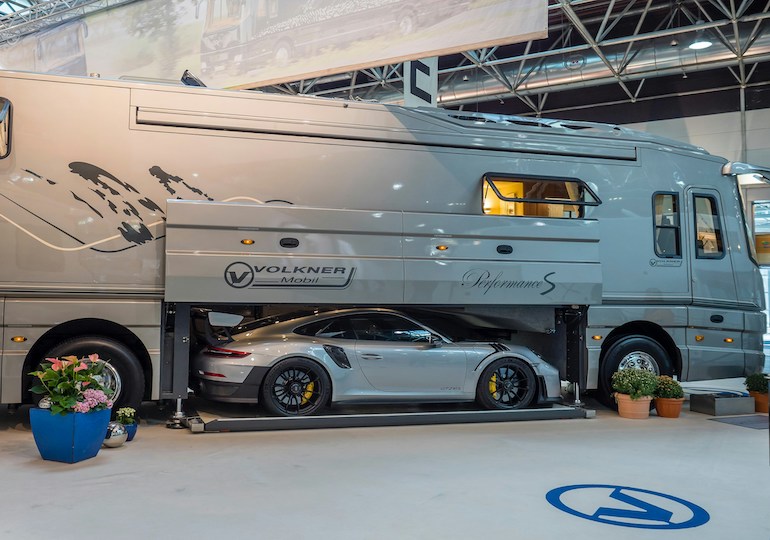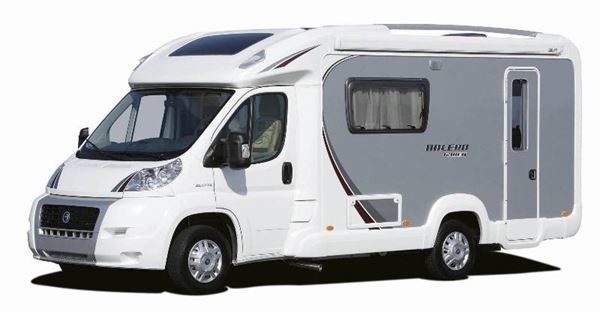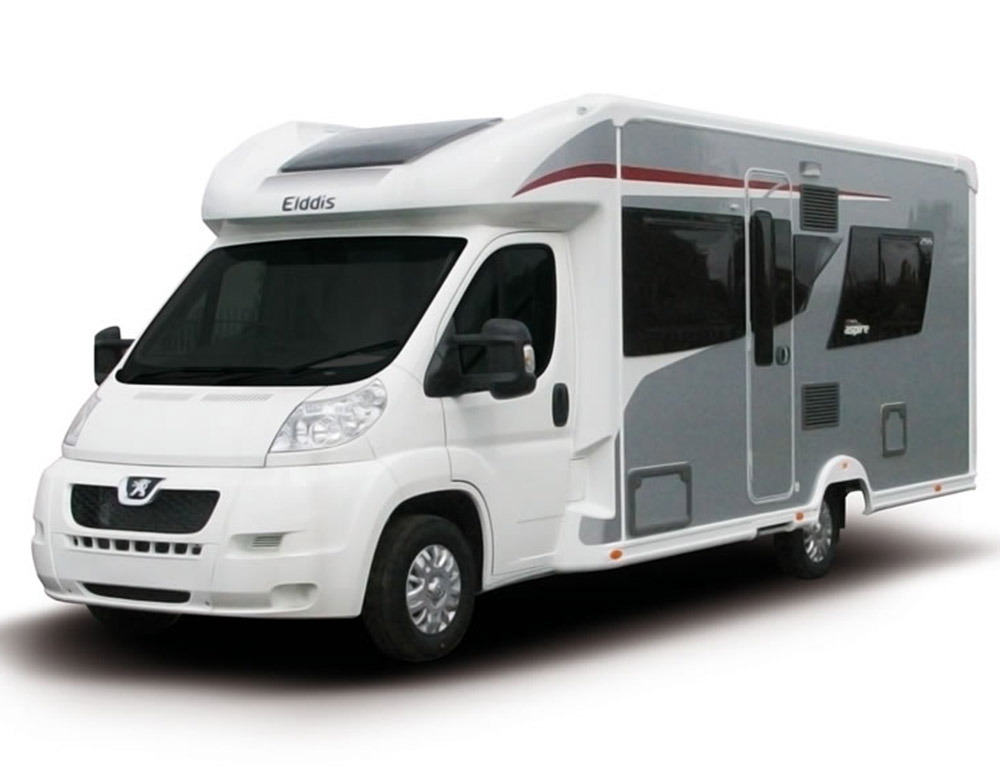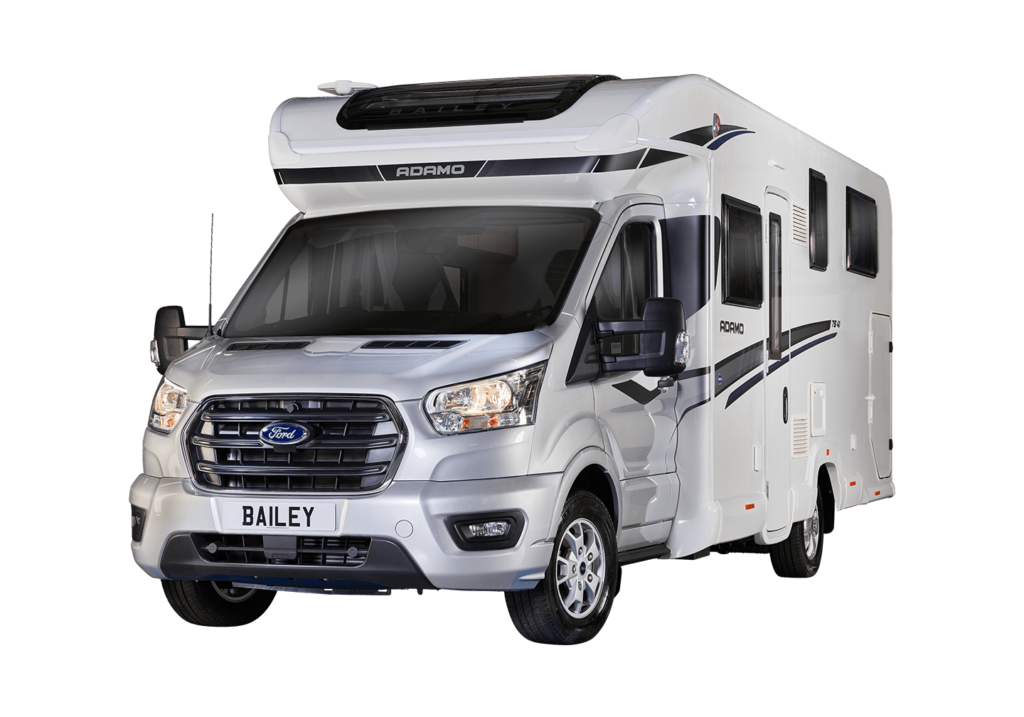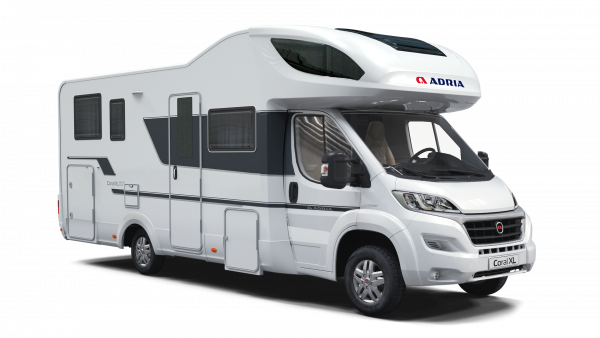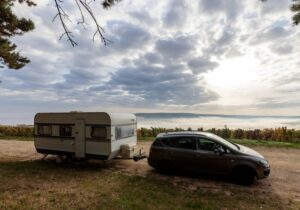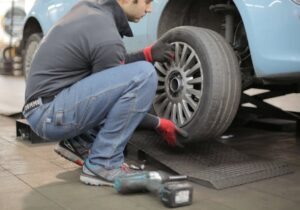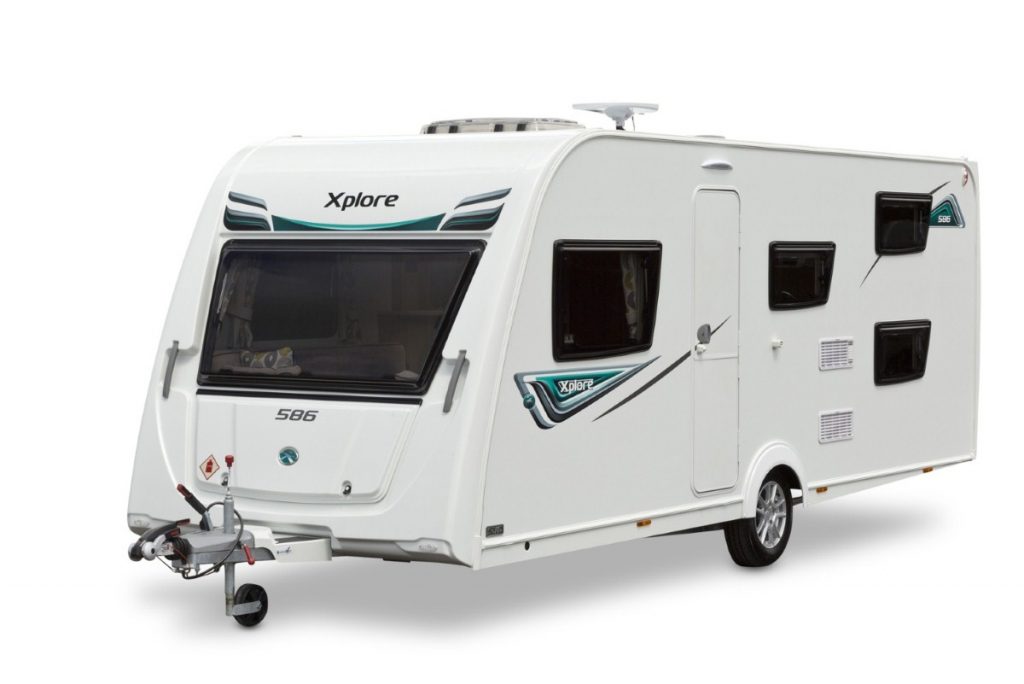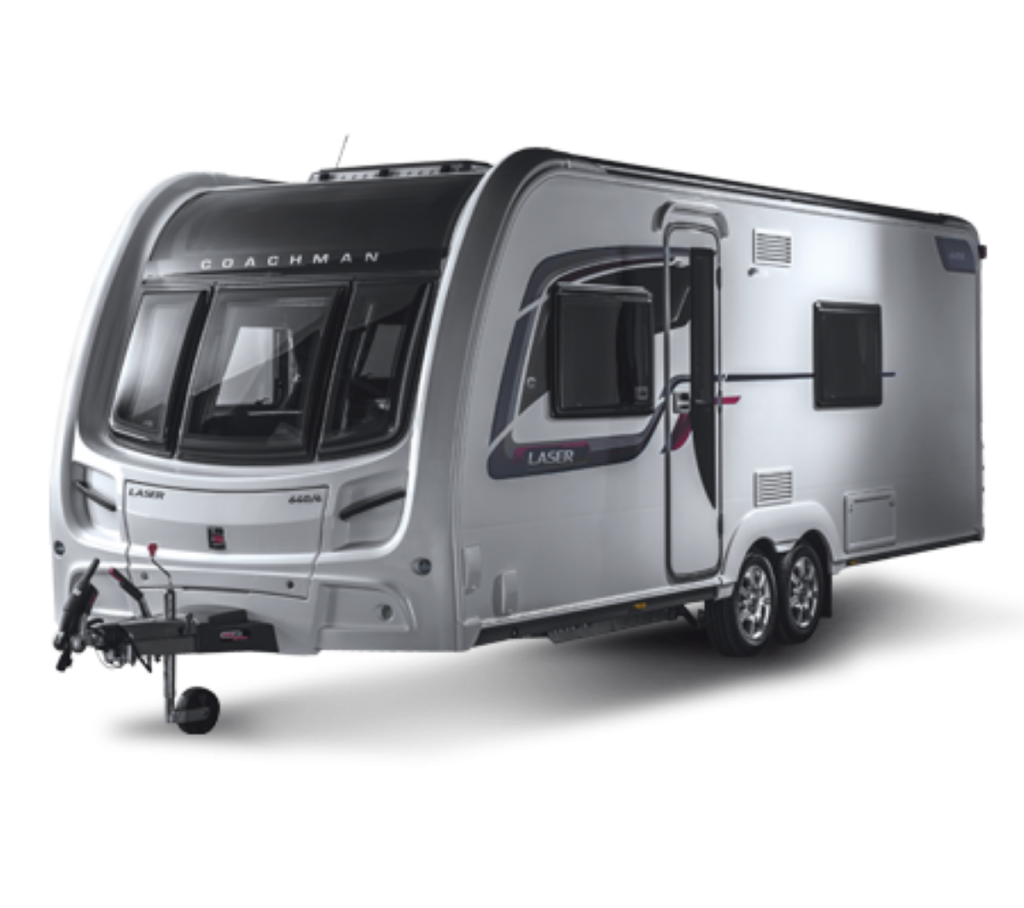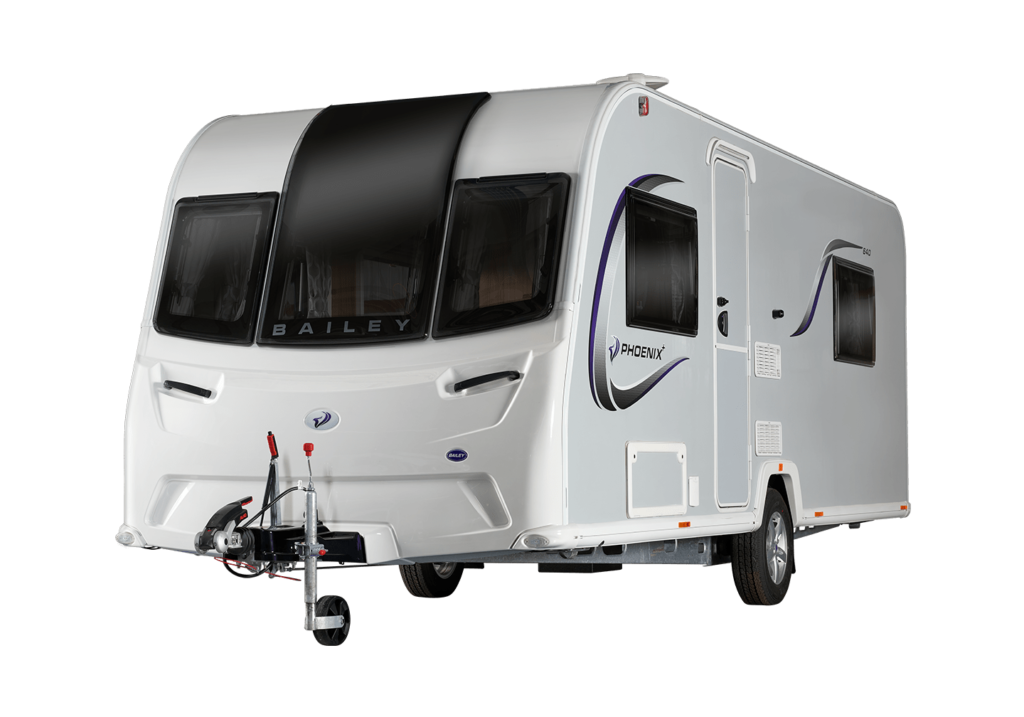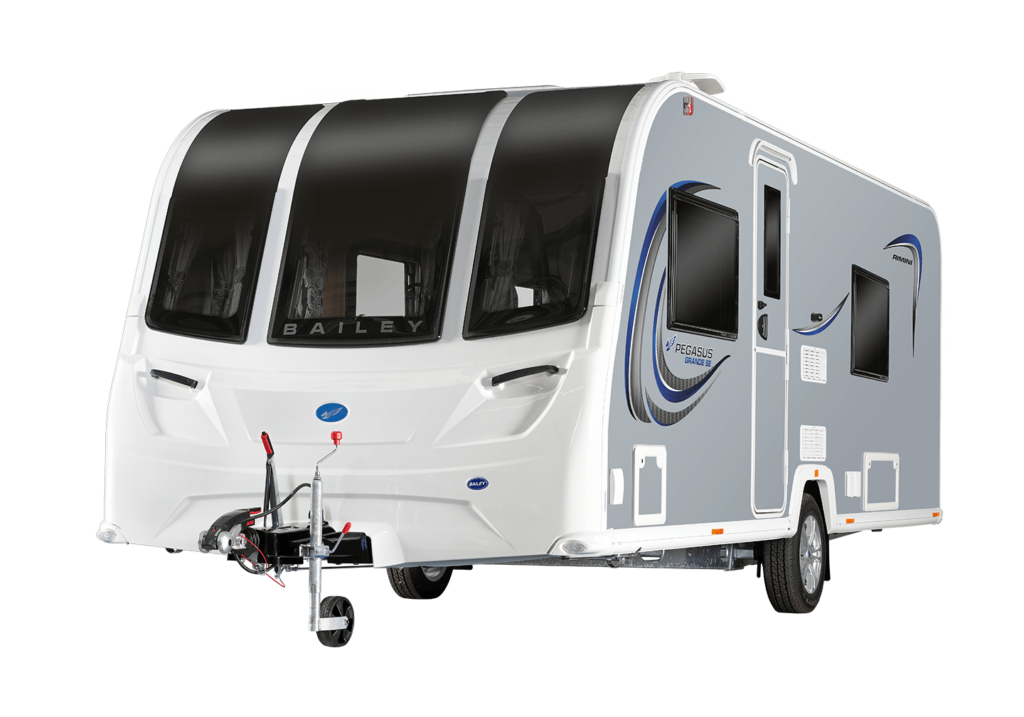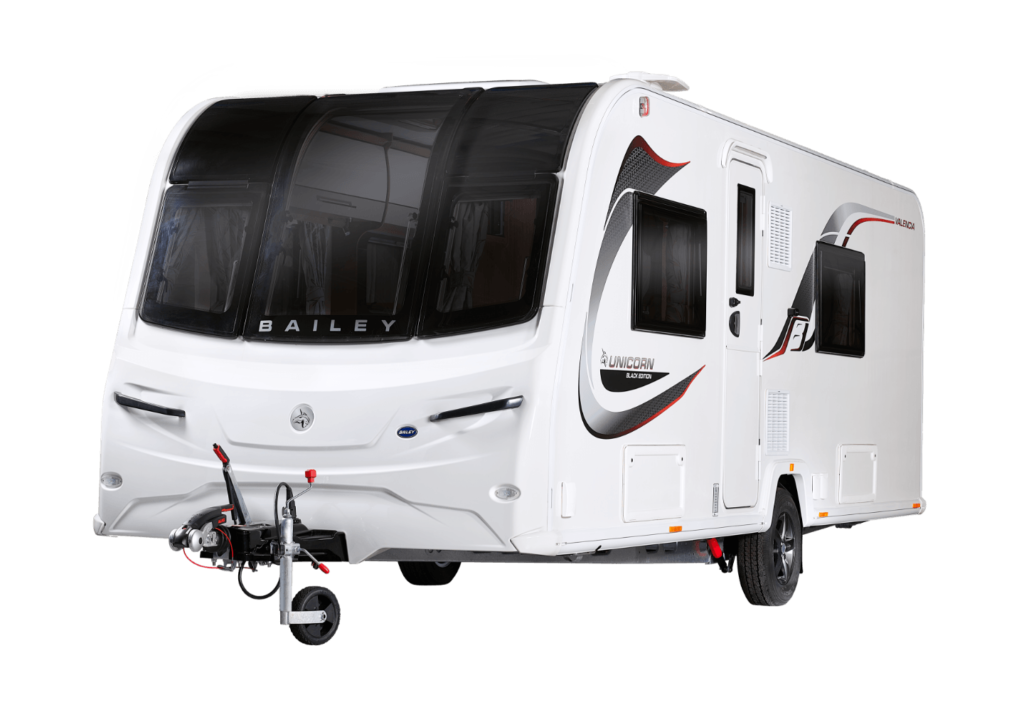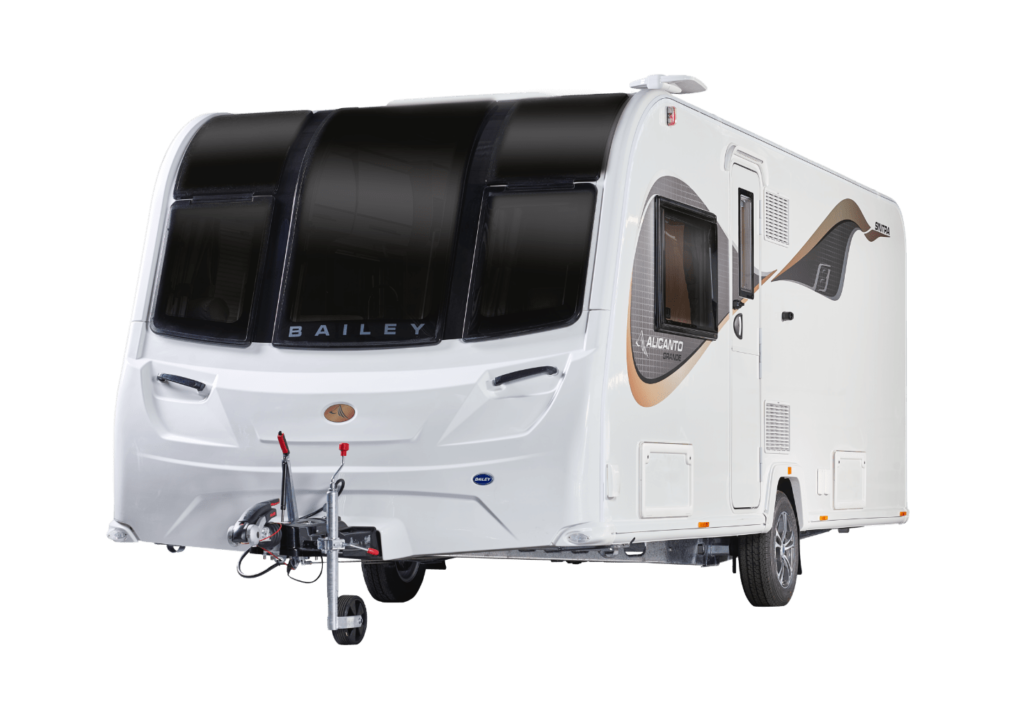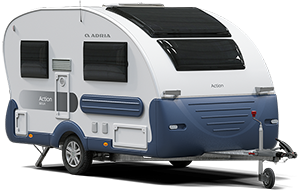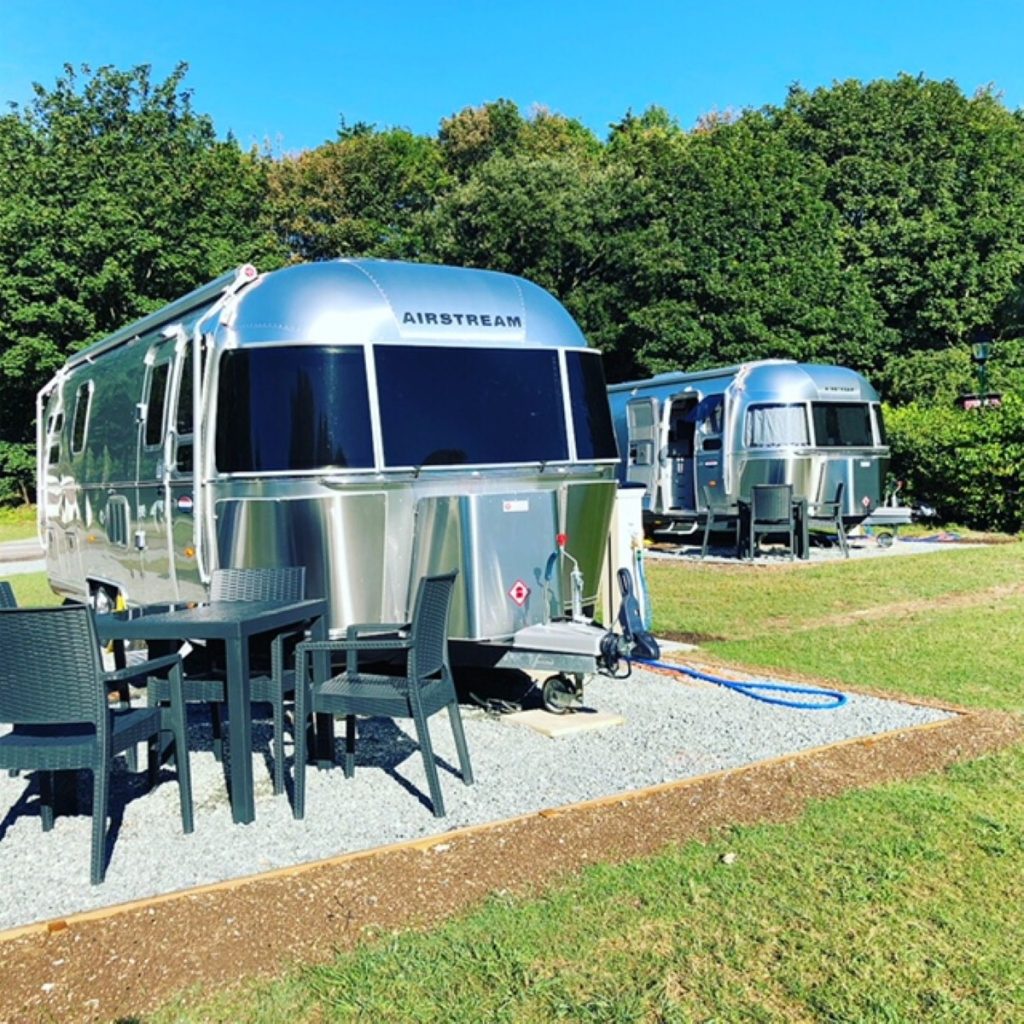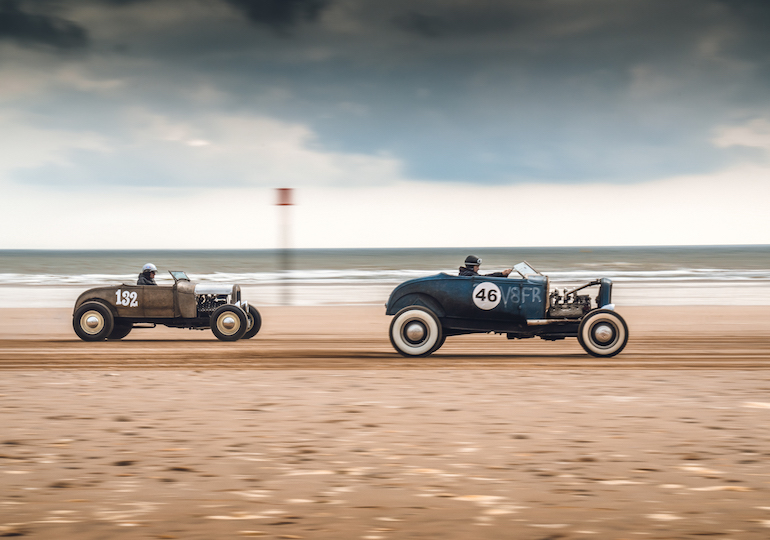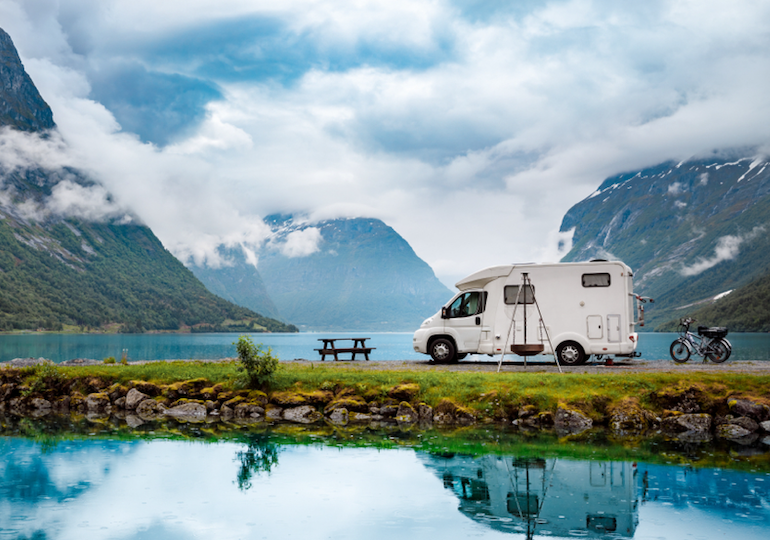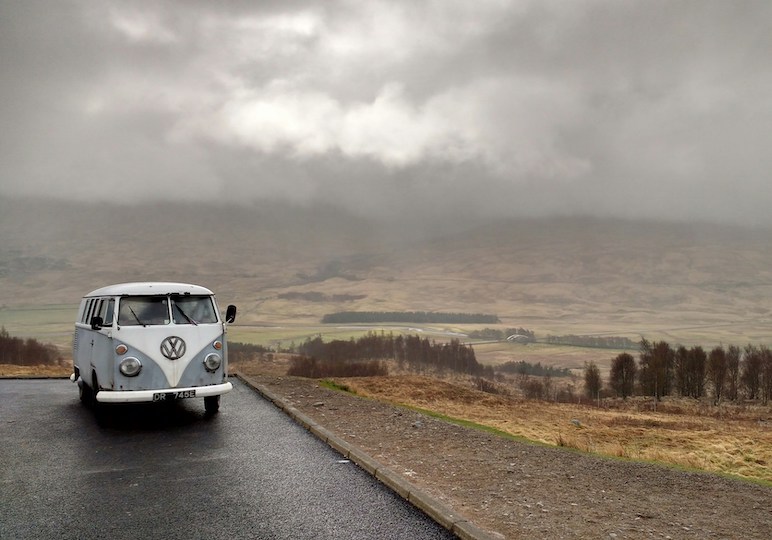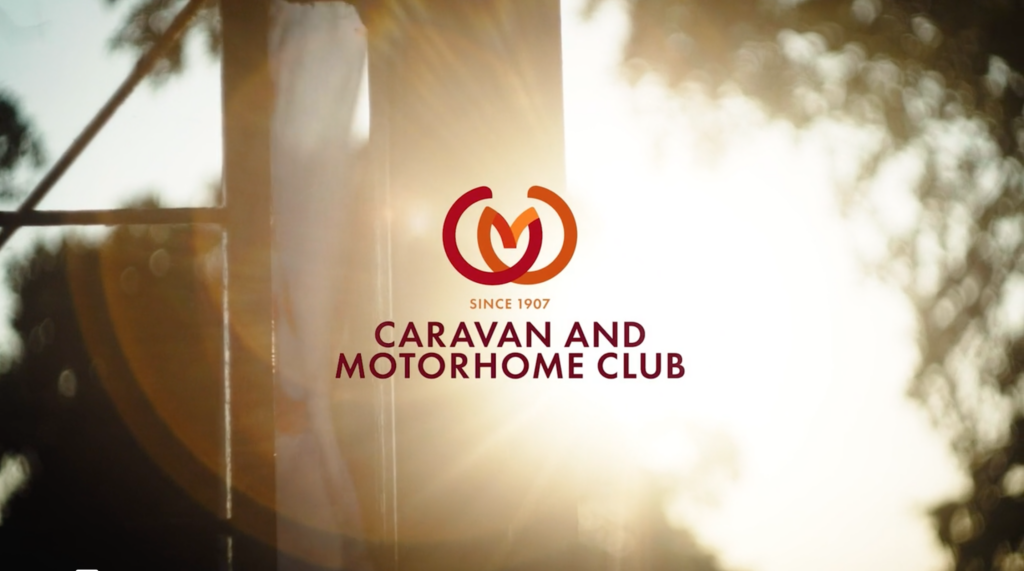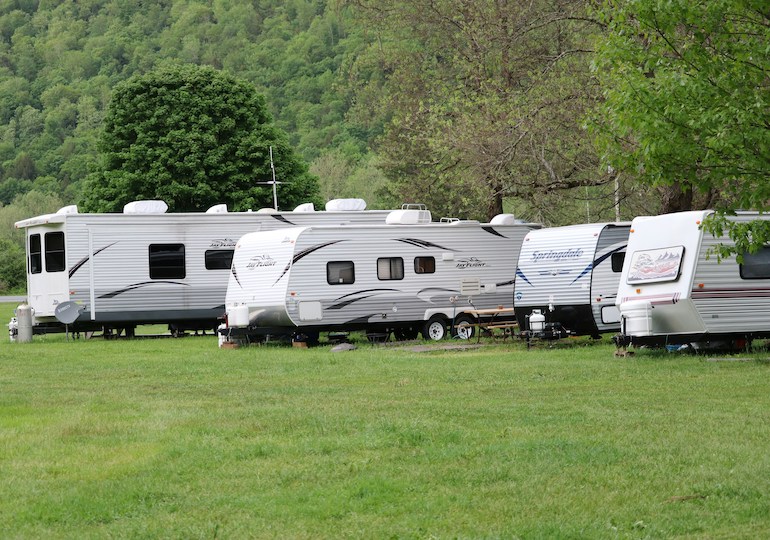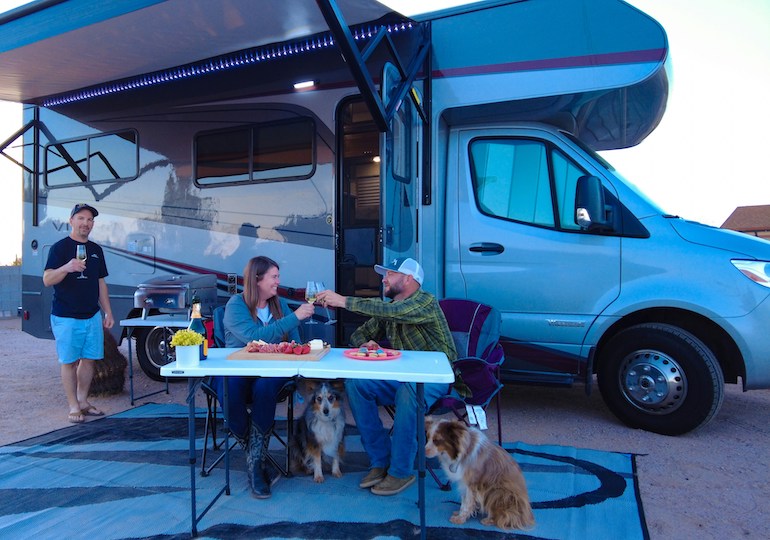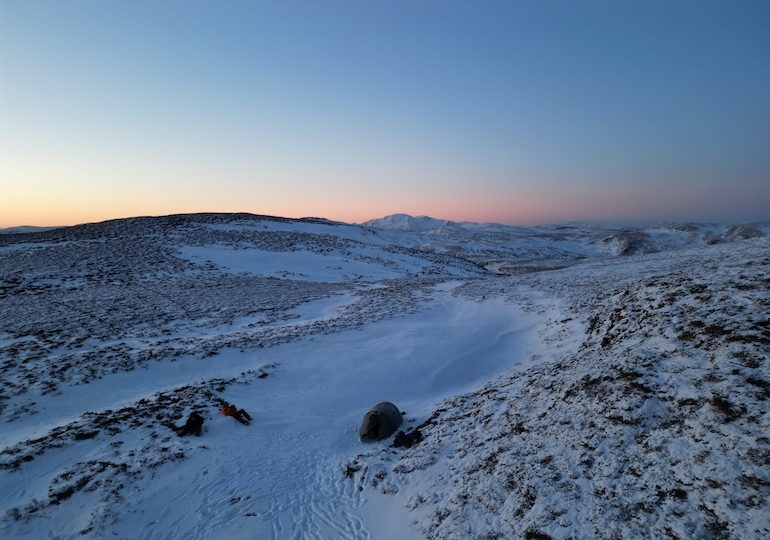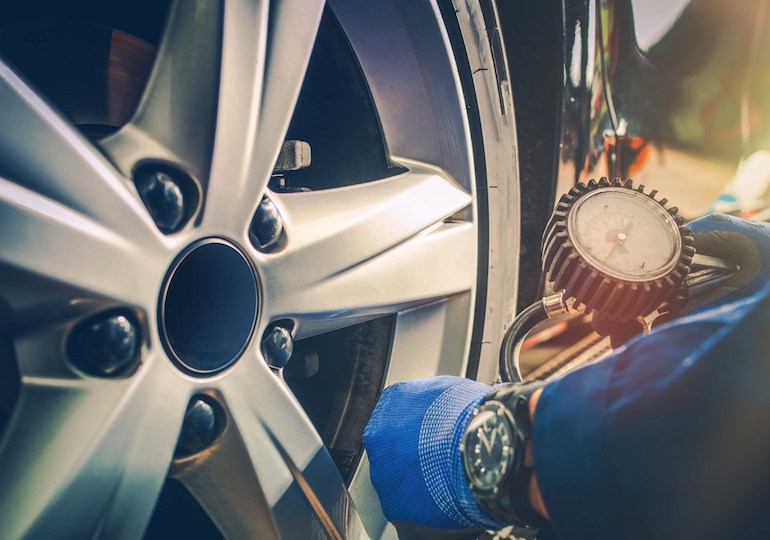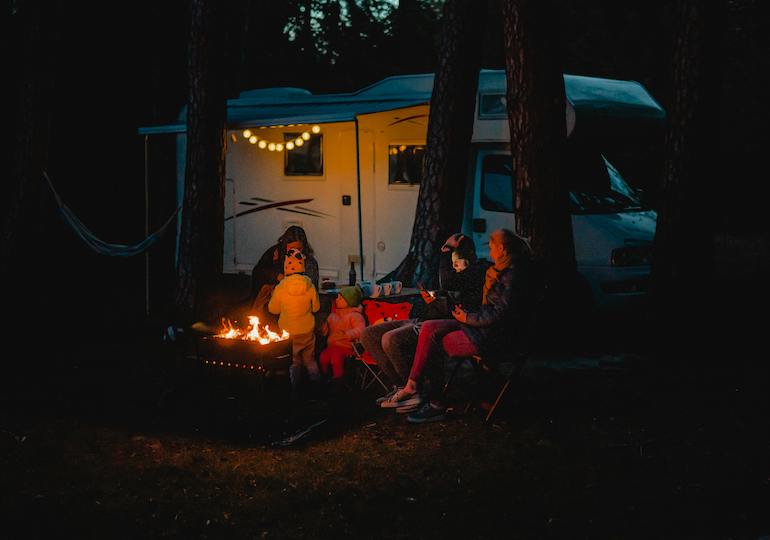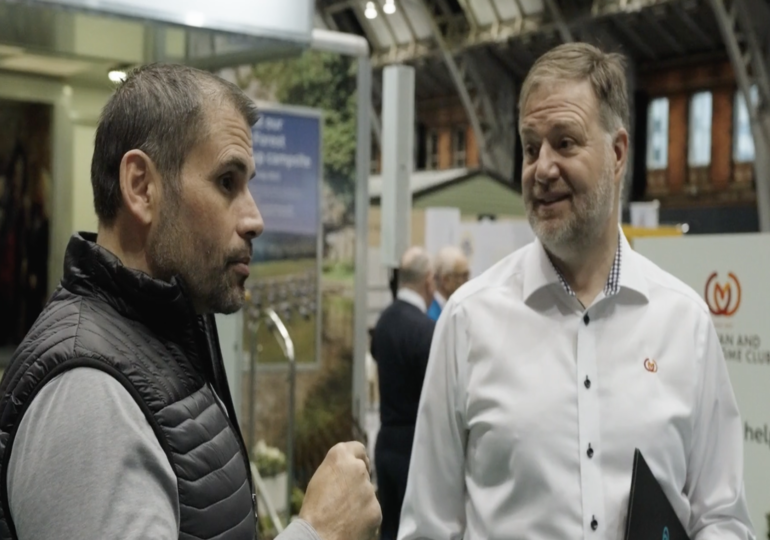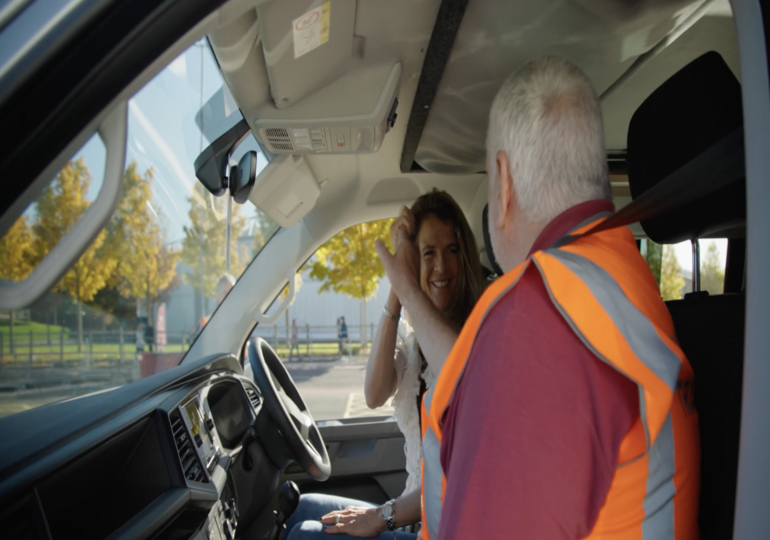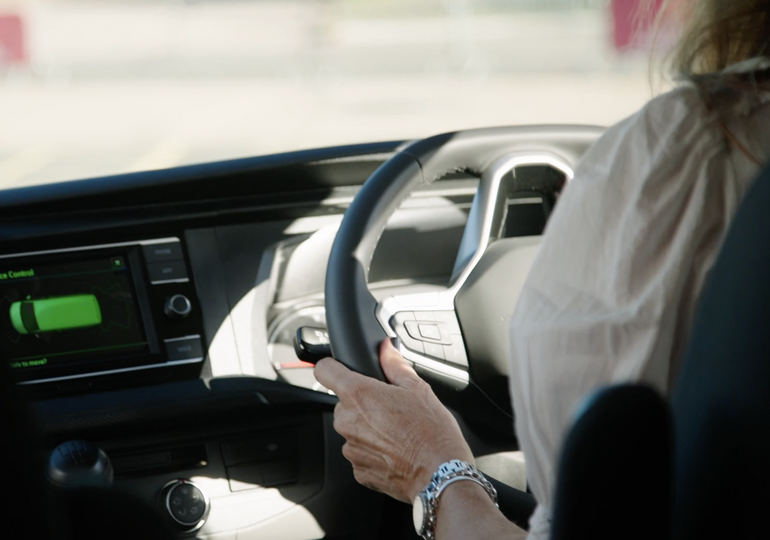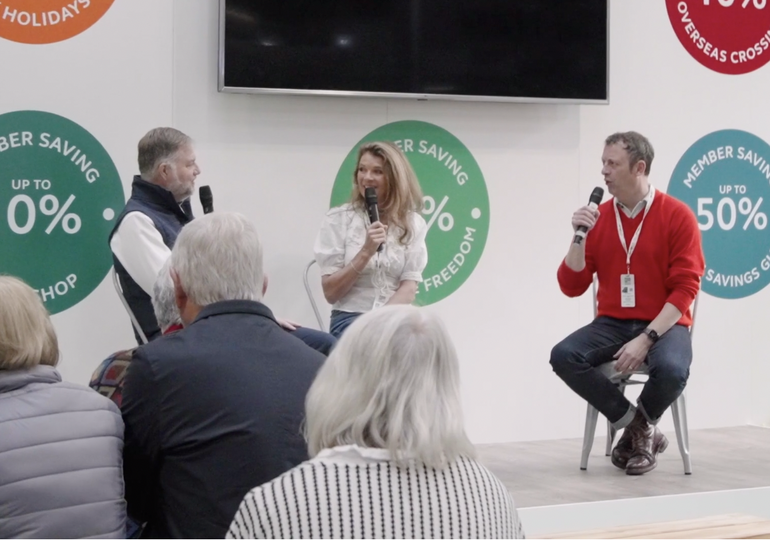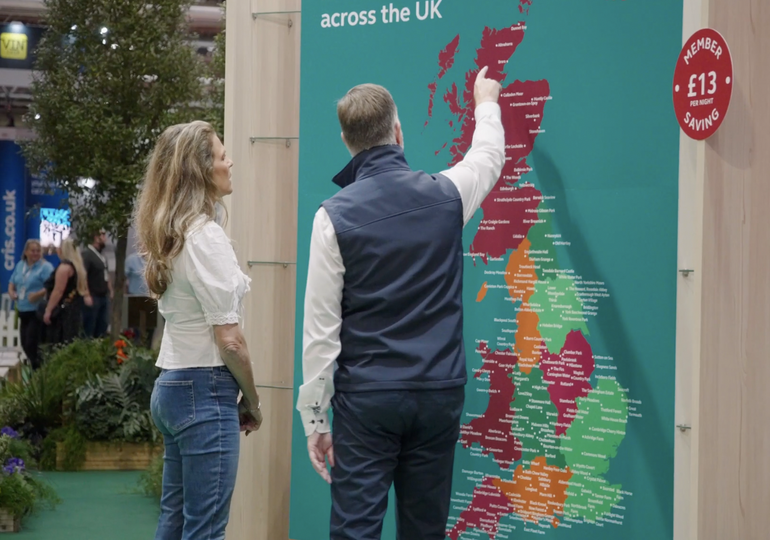By William Coleman
Buying your first leisure vehicle is quite a big decision, with many factors that can influence the final choice. Let us help guide you through this process and remove any looming questions you may have.
The world of caravans, motorhomes and campervans is a large and varied one, which can be quite daunting when you first enter it. There are a lot of choices to make, starting with what type, layout and colour you like. Once you’ve solved that initial mystery you’re then faced with the trickier stuff like weight, MLTPM (maximum technically permitted laden mass) and the question of whether your current car will be able to tow your chosen caravan.
It seems like a heck of a lot of things to try and figure out all at once. With these tips, you should have all the questions ready to ask your dealer and have enough information to do some independent research ahead of opening your wallet.
Questions to ask when buying a caravan for the first time
Can my car tow a caravan?
Depending on your budget, the best advice is to look at your current vehicle and then see what van best suits what you already have. Doing this will save you a lot of time when it comes to what size and weight caravan to look at.
Not all cars are suited for towing so have a good look at what you currently own. Make sure, unless you’re going to buy a new tow car, that your current vehicle is up to the task.
Another aspect to look at is the combined weight of your tow car and caravan. If you passed your driving test after 1997 and don’t have a B+E grade on your licence, you won’t legally be able to drive a setup over 3500kg. This limits your options quite a bit, so it may be worth looking into additional driving courses once you’ve found your feet with towing.
What weight and berth?
Once you’ve determined whether your car is capable of towing a caravan, you’ll be looking for leisure vehicles under a particular weight. The average weight of a caravan is around 1300kg, but this doesn’t account for any personal belongings when setting off on a holiday. How confident you feel when driving and the size you require will further narrow down your choice.
The construction type and the materials your caravan is made from will also affect the towing weight. The higher the berth, generally the higher the weight, as you get more van to sleep and move around in.
In today’s market, a lot of manufacturers are building larger vans, with a higher berth capacity, at a much lower weight to ensure younger holidaymakers can get better vans at these lower towing weights.
What is the van for, and how often will it be used?
It’s very tempting to go and buy the biggest and best caravan or motorhome you can get your hands on. But, in reality, do you need all that leisure vehicle if it will only be used a handful of times a year? The answer is probably no, so why not spend some time looking at why you want a van and how it will be used?
Being honest with yourself at this stage is going to be extremely beneficial. Is this purchase going to be a family van that will be used on half-terms and bank holidays? Or will the van be taken away twice a year?
Once you have these questions answered you’ll have a much better understanding of what you need, then you can match a van to your needs and look at different price brackets.
New or second-hand?
Do you remember when you were first learning to drive and had your heart set on that brand new car down the road at the local forecourt? Then your mum and dad turn up with a very old, just MOT-able car that saw its best years before you were born. This was a wise lesson as we all trashed our first car.
Should you apply the same life lesson when looking at a new caravan or motorhome? This is a yes and no answer, but we’d say buying second-hand when first touring is the safest bet.
If you go to an approved dealer you can walk away with a fantastic second-hand model that’s just like new. This will save you some money and you can try the lifestyle without spending top dollar on a new van.
There are times when people have been on caravan holidays with friends and family and loved it. They then go and buy a van and realise they much prefer to be a guest on these trips than an active tourer.
You could also try before you buy – another great financial decision. Nowadays there are so many different rental options where you can spend a few hundred pounds on a trial run before making the big purchase.
Final thoughts and advice
Do your research! We cannot stress this enough. Consider all makes, models and sizes to find exactly what suits your needs and budget. The last thing you want to do is put a large deposit on a van and then change your mind.
Forums and other social media channels can be useful for answering common questions. If in doubt, you can discuss your needs with a caravan club or a local dealership. Most dealers are more than happy to help you rather than shove sales tactics down your throat.

